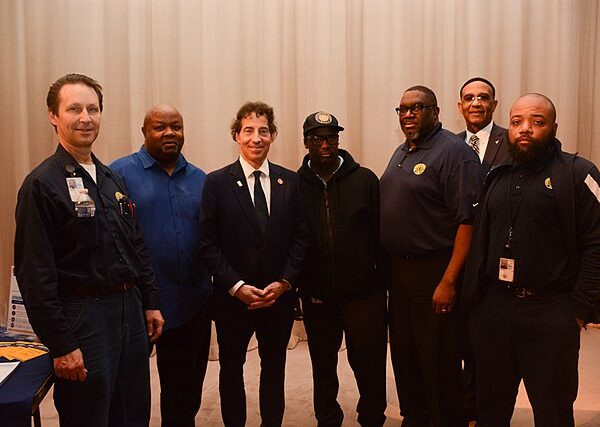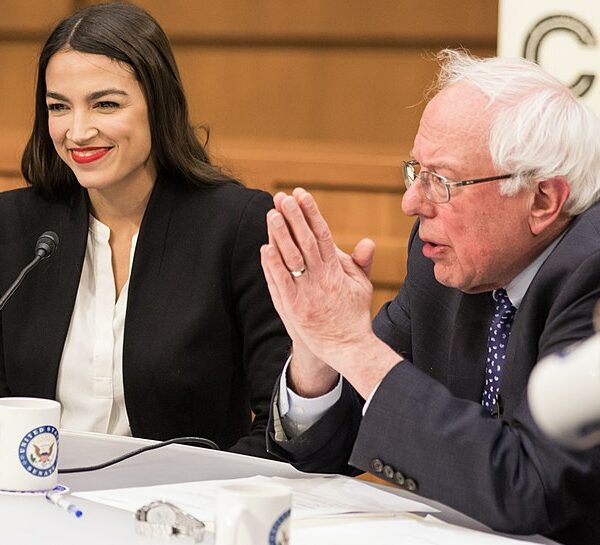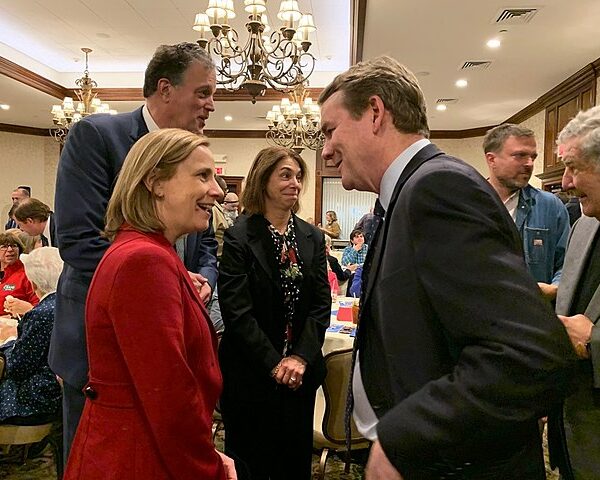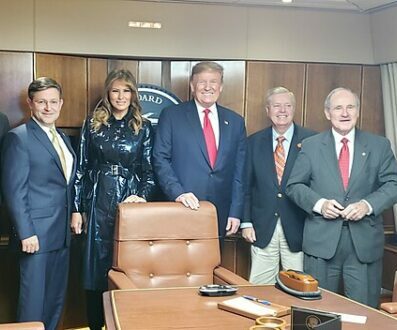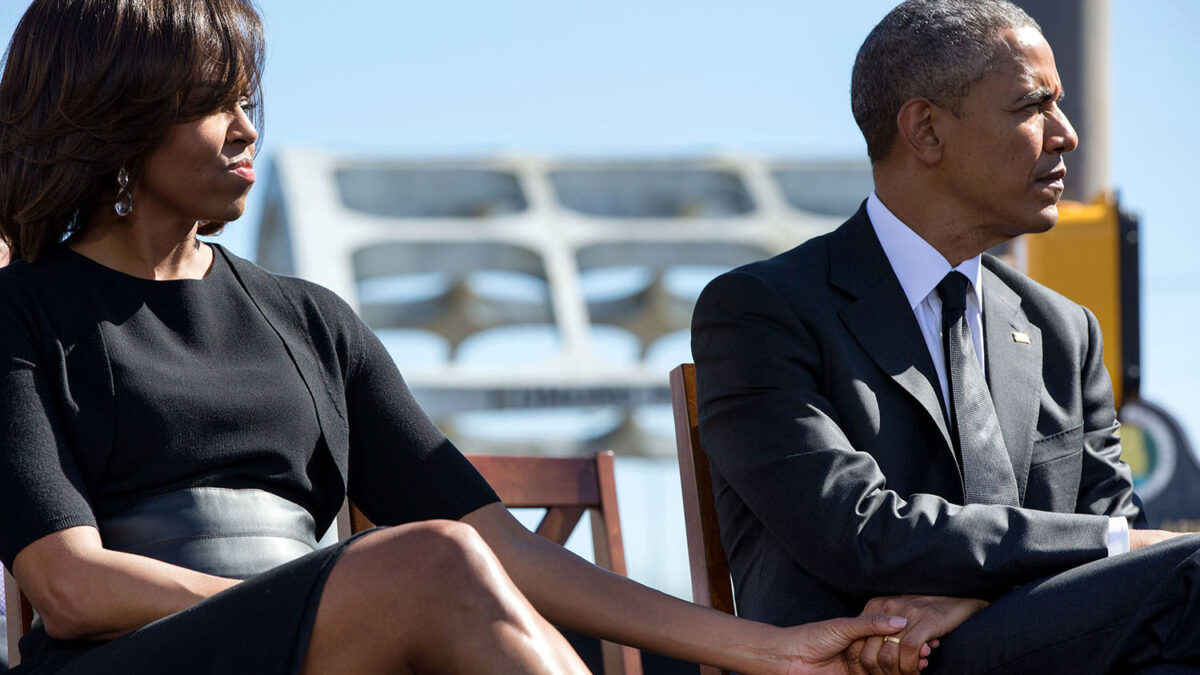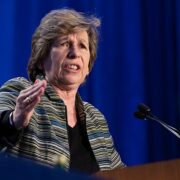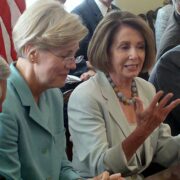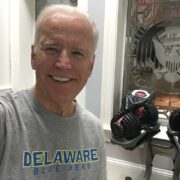
At the forefront of a growing crusade against what he characterizes as widespread financial impropriety in Washington, billionaire entrepreneur Elon Musk is amplifying claims that certain members of Congress may have personally profited from intricate pathways of U.S. foreign aid funding.
During a town hall meeting in Wisconsin on Sunday evening, Musk explained that his self-proclaimed Department of Government Efficiency (DOGE) is actively probing how elected officials have amassed substantial personal wealth despite earning comparatively modest federal salaries. The conversation arose in response to a pointed audience question concerning whether foreign aid channeled through the U.S. Agency for International Development (USAID) had indirectly benefited legislators such as Rep. Maxine Waters, who recently threatened Melania Trump, and Senator Adam Schiff, two members of Congress from California, and Senate Minority Leader Chuck Schumer, from New York.
Musk offered a sweeping accusation: “They send the money overseas to one NGO, then it goes through several more, and I’m highly confident some of that money ends up back in the U.S.—and in the pockets of people you just mentioned,” he said, according to The New York Post. Although he did not present specific evidence, he added, “There are a lot of strangely wealthy members of Congress. I’m just trying to connect the dots.”
His remarks come amid a broader campaign led by DOGE aimed at eliminating inefficiencies and preventing financial misuse across federal departments. Recently, the Department of Labor announced it would return billions in unspent COVID-era unemployment relief to taxpayers after an audit uncovered that several states continued to draw from the program without eligibility. Labor Secretary Lori Chavez-DeRemer, a Trump appointee, emphasized that the refund symbolizes a renewed commitment to transparency and fiscal responsibility in the stewardship of public funds.
“This is about putting American workers and taxpayers first,” Chavez-DeRemer declared. “There’s no excuse for pandemic-era money to still be collecting dust.”
Under Musk’s direction, the DOGE initiative appears to have taken on a more politically charged focus. Initially intended to identify bureaucratic inefficiency, the effort has expanded to investigate potential conflicts of interest and opaque financial practices among long-serving federal lawmakers. Musk has openly questioned how so many members of Congress—on government salaries—have acquired fortunes in the tens or hundreds of millions.
🚨 JUST IN: Elon Musk announces he and DOGE are investigating HOW members of Congress are getting obscenely wealthy on their government salaries
Heads are about to ROLL! 🔥
“How'd they get $20 million if they're earning $200,000 a year?
Nobody can explain that.
We're gonna… pic.twitter.com/l9ungv73RQ
— Nick Sortor (@nicksortor) March 31, 2025
Former Speaker of the House Nancy Pelosi, the world’s greatest stock trader, reportedly possesses a net worth nearing $250 million, much of it tied to her husband’s substantial investments in tech firms that often have connections to federal spending.
“How do they get $20 million if they’re earning $200,000 a year?” Musk asked, rhetorically. “We’re going to try to figure it out—and stop it from happening.”
The Wisconsin town hall also doubled as a campaign rally for conservative Wisconsin Supreme Court candidate Brad Schimel. As part of the event, Musk distributed two $1 million checks to attendees who signed a petition denouncing what he referred to as “activist judges.” Musk admitted the gesture was, in part, a deliberate media ploy: “It’s really just to get attention—and when I do things like this, the legacy media loses their minds.”
While the long-term scope of DOGE’s investigative efforts remains uncertain, both Musk and Trump-era officials have signaled that the initiative’s focus is expanding. No longer limited to outdated pandemic relief funds, DOGE now appears ready to take on the financial corruption of Congress itself.
[Read More: Greenland Has A Message For Trump]

